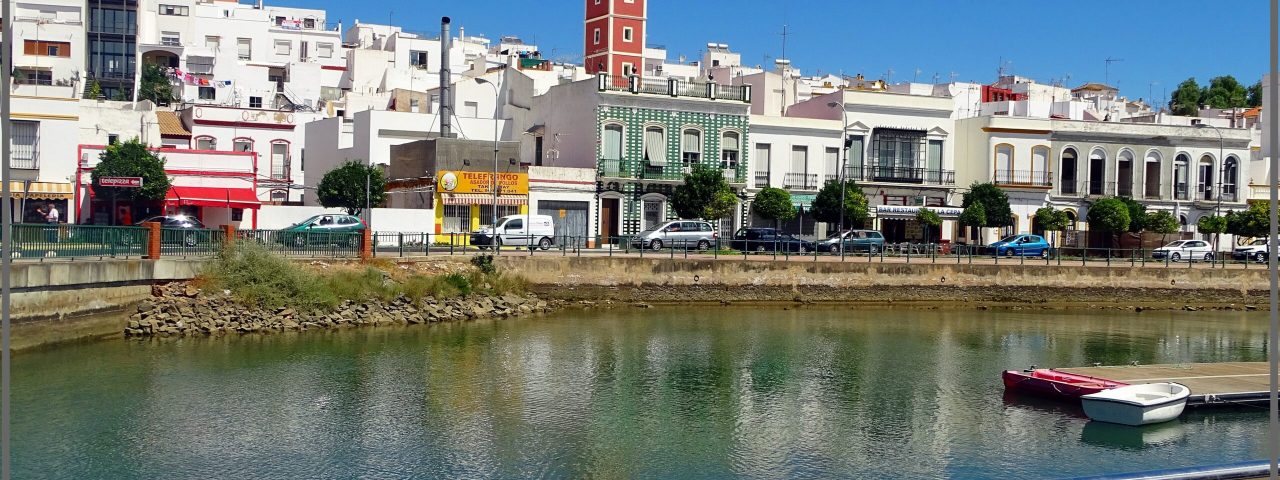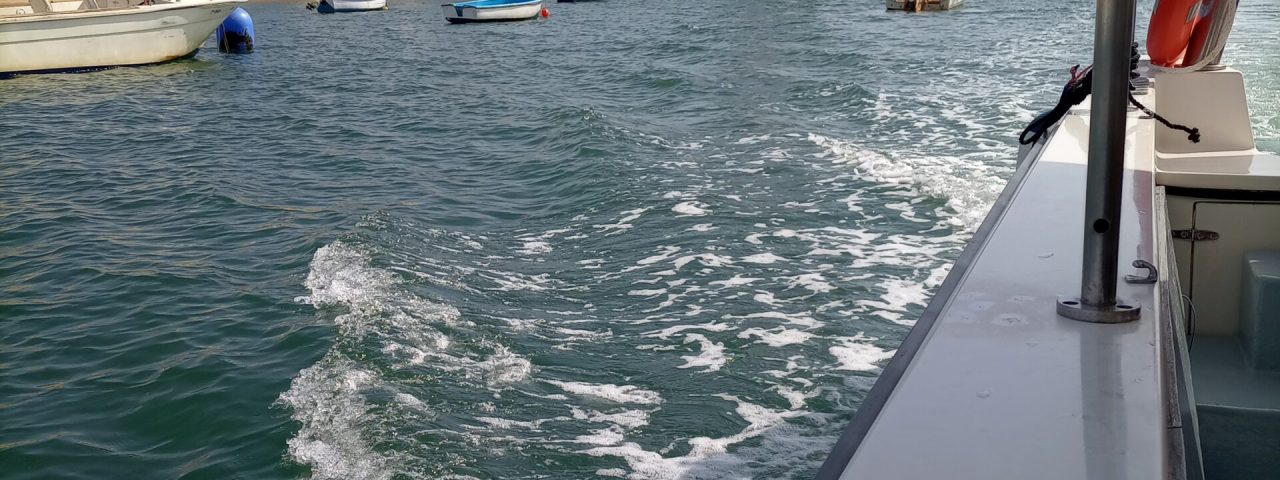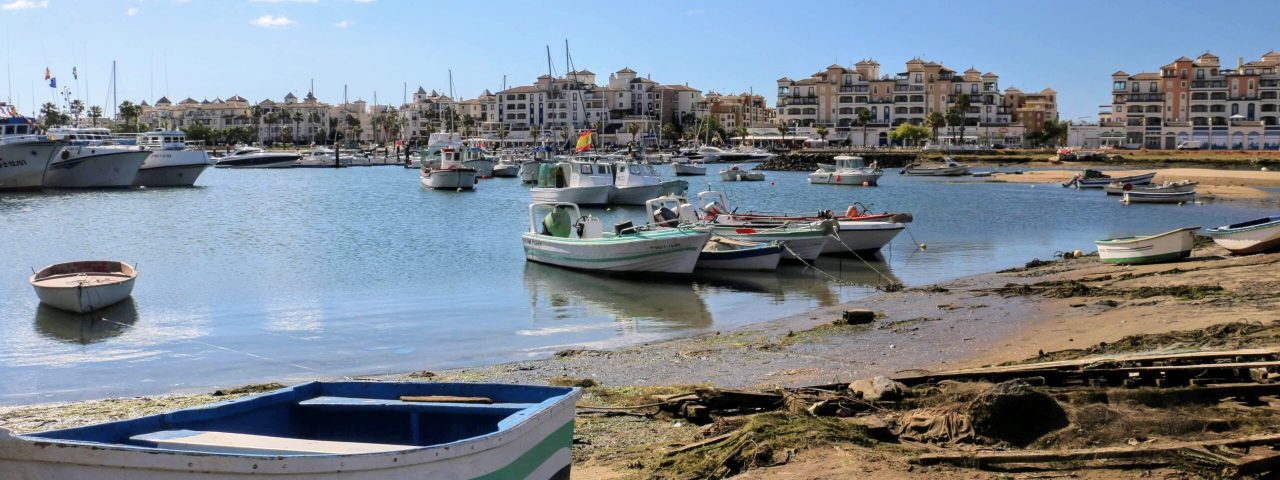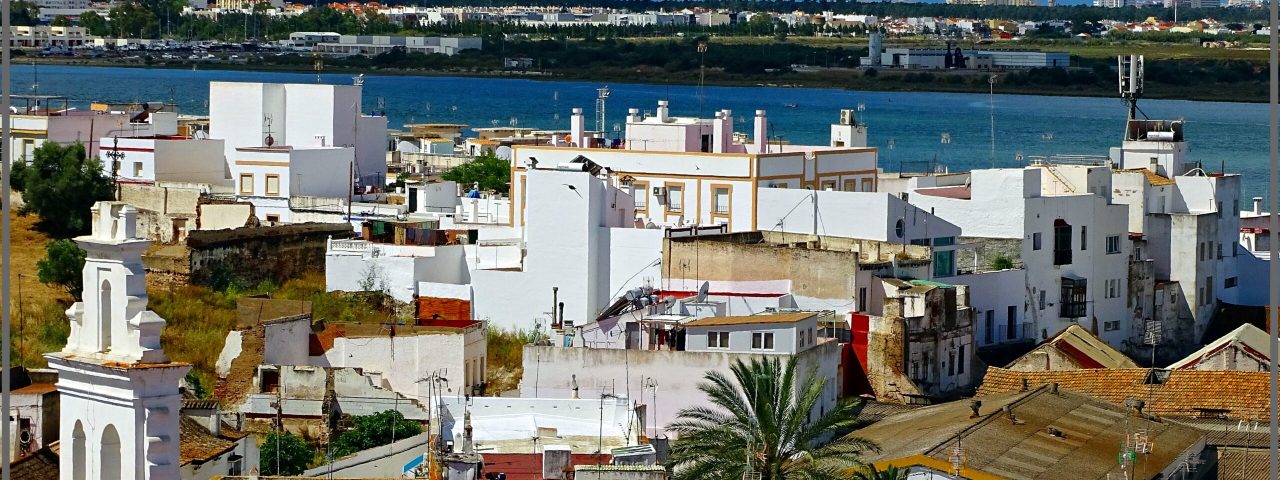Ayamonte has a rich history that dates back to Roman times, with traces of its ancient past visible throughout the city. During the Roman Empire, the city was an important settlement due to its strategic location by the Guadiana River. Following the fall of the Roman Empire, the Moors took control of Ayamonte, leaving behind a significant cultural and architectural legacy that still resonates today. In the 13th century, the city was reclaimed by Christian forces during the Reconquista, and since then, it has developed into a vibrant, multicultural town.
Culturally, Ayamonte is steeped in Andalusian traditions. One of the most famous events is the Semana Santa (Holy Week), a religious celebration marked by elaborate processions and intricate floats that depict the Passion of Christ. This annual event draws visitors from all over Spain and beyond, eager to witness the ornate religious displays and the deep spiritual connection the locals have with their faith. Another key festival is the “Virgen de las Angustias,” held in September, where the city comes alive with parades, music, and dance in honor of its patron saint.
The city’s connection to the sea is also evident in its culture, with a strong fishing tradition that dates back centuries. Many of the local festivals and customs celebrate the maritime heritage of Ayamonte, such as the annual Fishermen’s Festival, where the community pays tribute to its seafaring roots with food, music, and colorful ceremonies.




